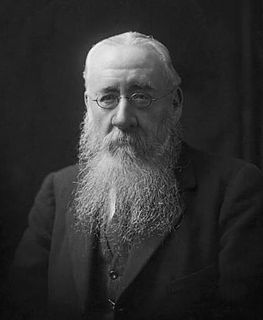A Quote by Joseph Campbell
The two greatest works of war mythology in the west ... are the Iliad and the Old Testament... When we turn from the Iliad and Athens to Jerusalem and the Old Testament we find a single-minded single deity with his sympathies forever on one side. And the enemy, accordingly, no matter who it may be, is handled... pretty much as though he were subhuman: not a "Thou" but an "It."
Related Quotes
It's not as if the New Testament writers came along and said, "The culmination of Old Testament books is more books, New Testament books." In some ways they thought instead of the culmination of Old Testament books being Christ himself, the word incarnate as the opening verses of Hebrews 1 put it. In the past God spoke to the fathers by the prophets, but in these last days he has spoken to us by his son and the son is revelation.
Whoever thou art, whatever in other respects thy life may be, my friend, by ceasing to take part (if ordinarily thou doest) in the public worship of God, as it now is (with the claim that it is the Christianity of the New Testament), thou hast constantly one guilt the less, and that a great one: thou dost not take part in treating God as a fool by calling that the Christianity of the New Testament which is not the Christianity of the New Testament.



































